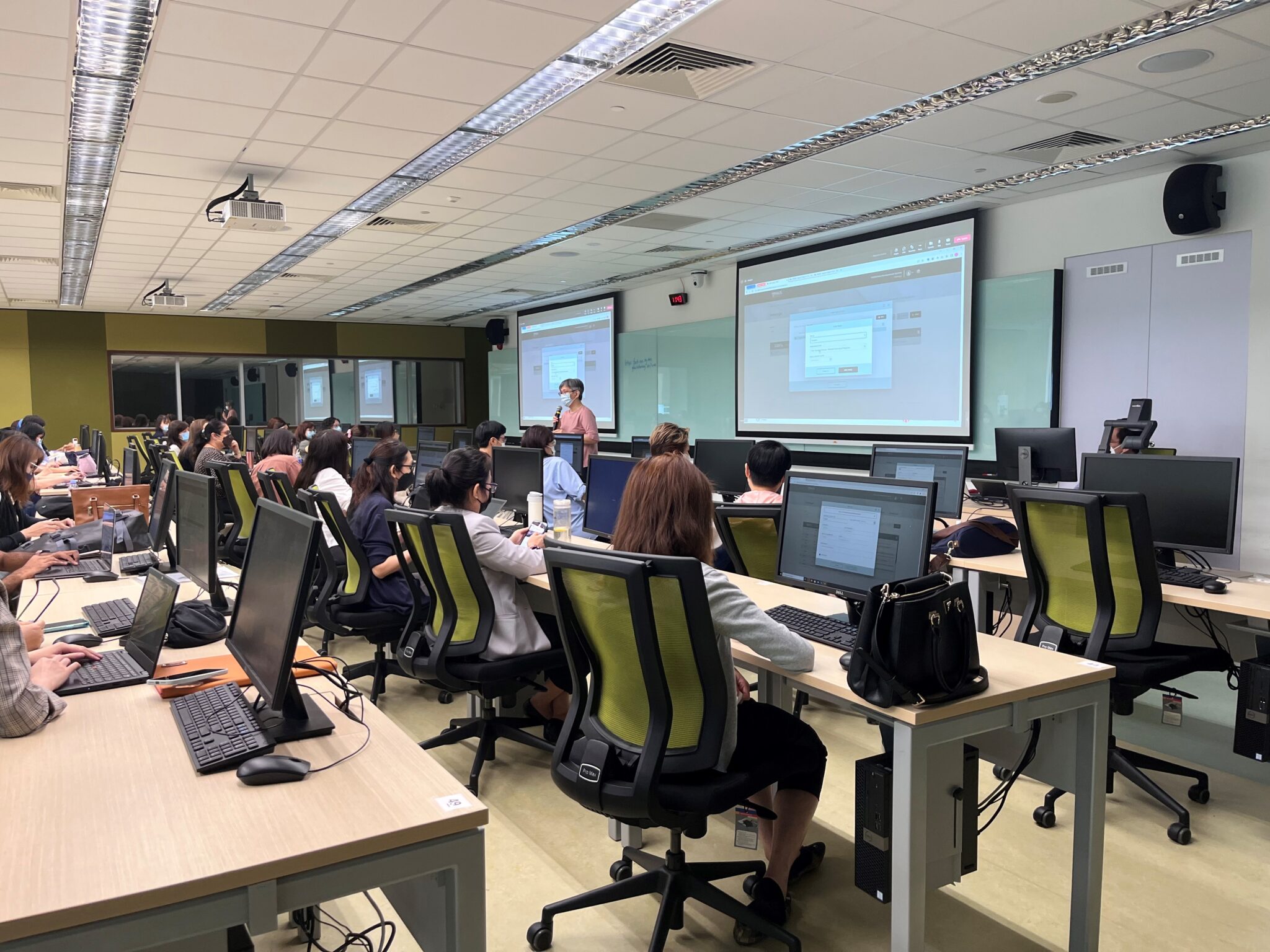About
NUS Canvas will be replacing LumiNUS as the main Learning Management System in NUS by 2023. With Canvas, we aim to improve technology-enhanced learning at NUS and enhance our position as a leading global university through collaboration with key partner universities. Canvas provides a digital platform that enables the management, delivery and measurement of a student’s curriculum. Using the LMS, instructors can create digital content in the form of lesson plans, organise it into courses, deliver the material to students, enrol them in a course, and then monitor and assess their performance.
What was achieved?
- Soft launch across 2 special terms and 1 regular semester – encompassing about 900 courses with 103,000 enrolments for Academic courses, and about 50 courses with 4,000 enrolments for Non-Academic courses
Rolled out a course content service for users to migrate their LumiNUS course data over to Canvas
Opened up logins for NUS Staff/Students/Visitors, Alumni, and even non-NUS users
Provided services for Non-Academic and Continuing Education and Training (CET) courses, such as course site creation, alumni & non-NUS user account creation
Integrated the LMS with key NUS systems such as Education Records System (EduRec), Class & Exam Timetabling System (CMIS), Cloud Human Resource System (CHRS). Upcoming integrations include Online Application Portal (OAP), Curriculum Management System (CMS), EHS360 (an integrated IT system for managing campus safety and health), and University Hostel Management System (UHMS). This means that data created and updated in LMS will be synchronised across all the other systems it is integrated with.
Added functionalities via Learning Tools Interoperability (LTI) plugins, such as Panopto (videos) Turnitin (academic integrity), Zoom (meeting), Blue (feedback), eReserve Plus (course readings)
This change to Canvas is expected to allow for improvements in teaching, learning, and integration with other NUS systems. We believe that Canvas will allow faculty and students to engage one another more intuitively, inside and outside the classroom, and foster pedagogical innovations on campus.
- NUS Provost Prof Ho Teck Hua

